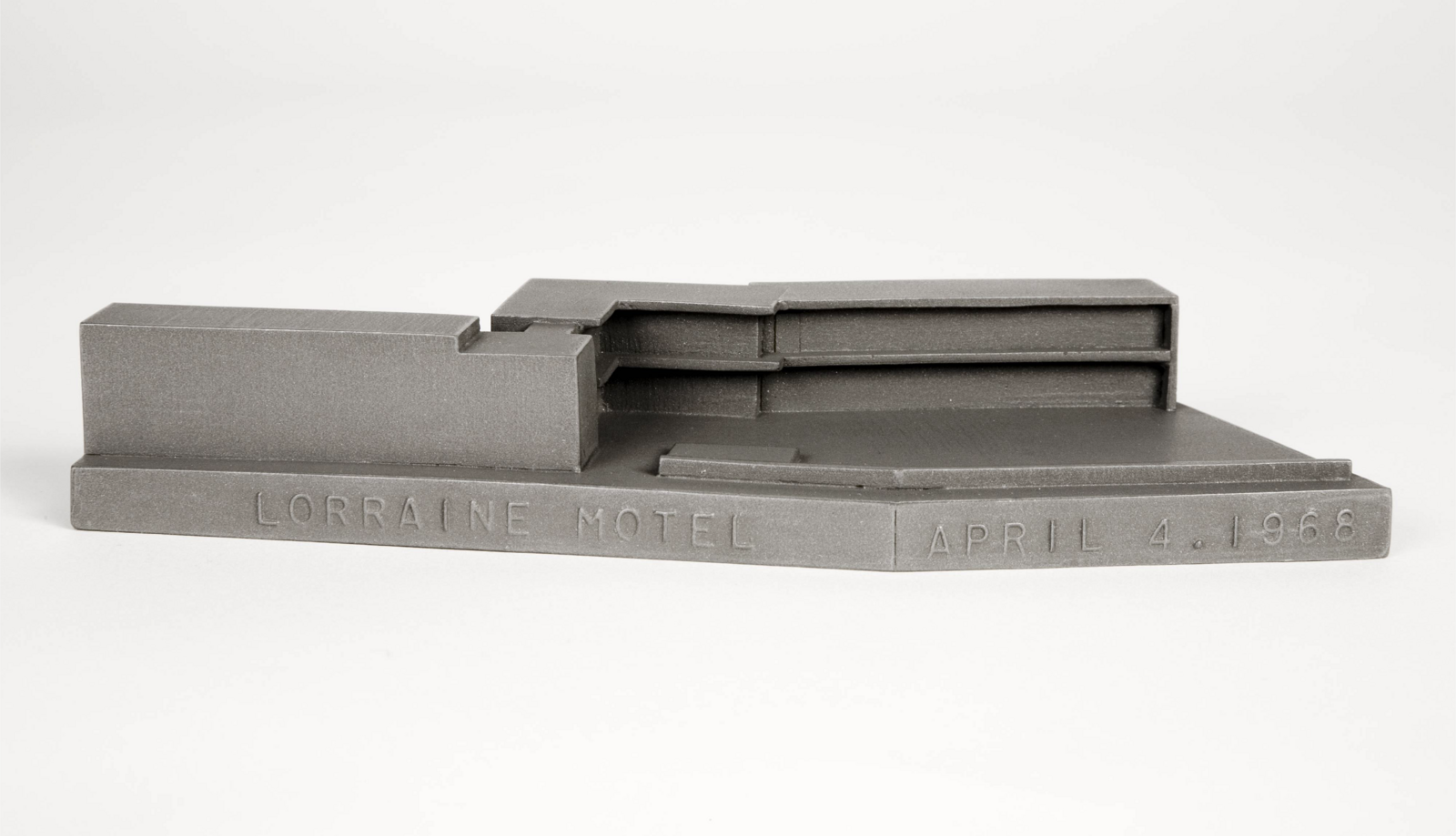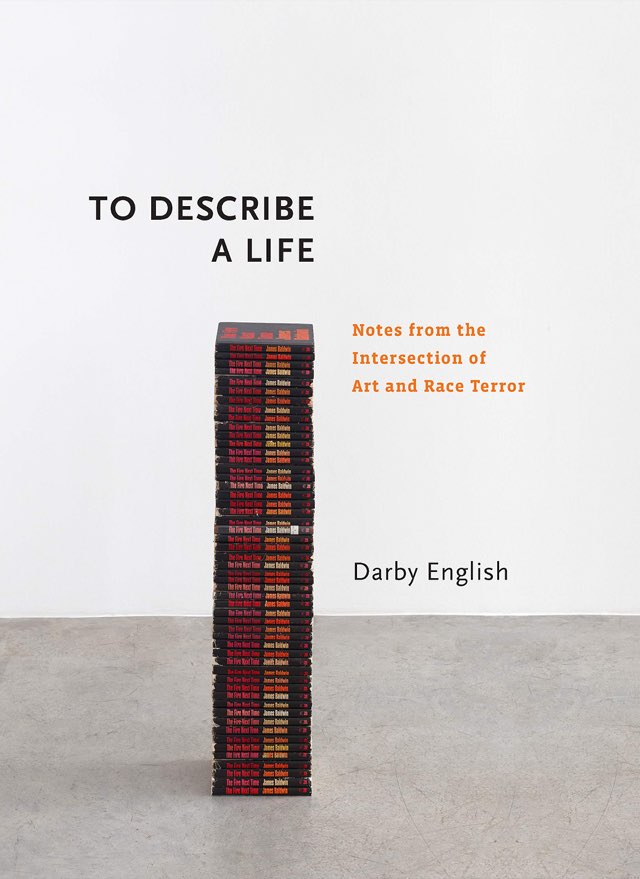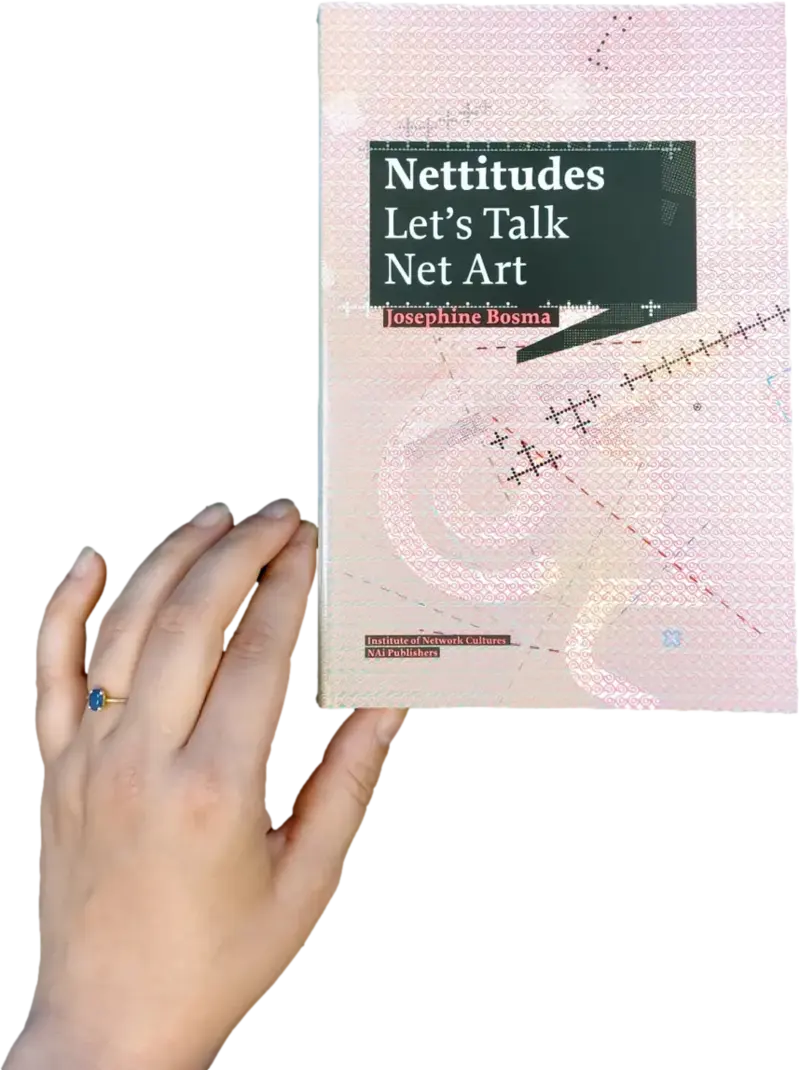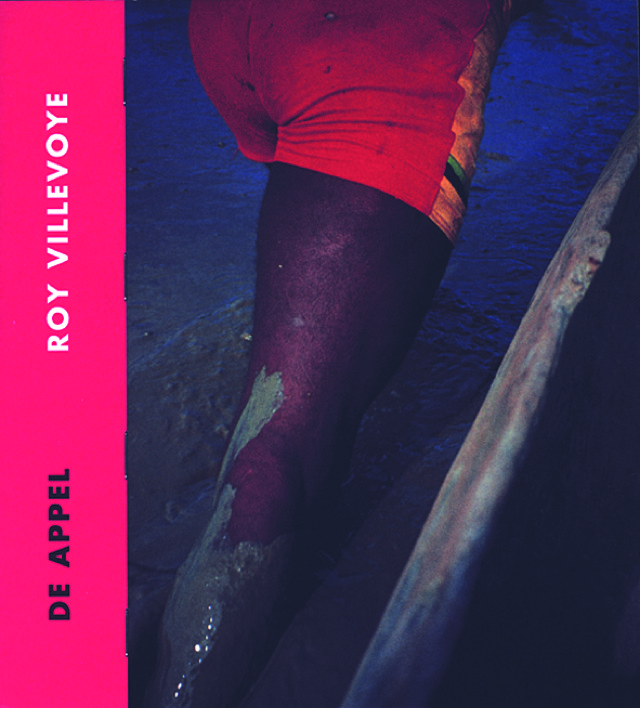The King’s Two Bodies by Darby English
19:00–21:00
De Oude Lutherse Kerk, Amsterdam
Excerpt of Monika Szewczyk's’s Introduction:
Good evening everyone – Hartelijk welkom iedereen.
I am very honoured to welcome you alongside Prof. Christa-Maria Lerm Hayes, Academic Director for the Amsterdam School for Heritage, Memory and Material Culture at the Universiteit van Amsterdam. Thank you so much Mia for summoning the resources and the intellectual energy of the University of Amsterdam and for making this collaboration such a pleasure…Thank you also to Prof Ihab Saloul UvA, Dr. Murat Aydemir and Dr Eloe Kingma of the Dutch Institute for Cultural Analysis (NICA), Prof. Hanneke Groetenboer of Radboud University in Nijmegen and to Dr. Sven Lütticken of the Vrije Universiteit Amsterdam (VU). And also to the full technical team at the UvA Aula at the Oude Lutherse Kerk.
For de Appel, working with the UvA and with other partners in the city centre, is a chance to contribute to a more accessible sense of Amsterdam. With de Appel’s home base now in Nieuw-West, this occasion in the Oude Lutherse Kerk is a chance to reunite with some of our community and former neighbours; also to use the existing built environment more meaningfully; and simply to branch out now that our roots are more firmly planted on the west side of this city.
I do want to conjure the notion of de Appel beyond the singular fruit, more as a tree with deep roots and far reaching branches. We can think of the many cultures that respect the tree as a site and cipher of learning, a life force for nourishing community. And de Appel is a living, breathing entity.
As such it is the sum of the efforts of an amazing team of talented people, our board and collaborators and our Curatorial Programme participants and fellows who each year enrich our ability to take exhibition making somewhere new and inspiring. (Our call for the next session is open until the 31 of January.)
You will find more information in the folders on your seats. And also of course on our website. With these, I’m also very happy to welcome Bardhi Haliti as the designer of our new graphic identity which will gradually transform our communication with you in 2020 and beyond. I hope you have enjoyed the first appearance of his work in the past week throughout Amsterdam, as we announced this evening and also shared some words that particularly inspired us and Darby English: a quote by Louise Glück* which opens his essay “The King’s Two Bodies” from his book To Describe a Life: Notes at the Intersection of Art and Race Terror.
As we listen tonight to an adaptation of this essay, I hope we can feel inspired to imagine ways of living in the face of the race terror that persists here in the Netherlands in somewhat different but related ways. I know that on a celebratory occasion it is questionable to point out the difficulties of our world but I think because we are here together and we constitute a public, it is also crucial to think of the potential we hold to think, feel, and live otherwise.
Death and its mourning are a part of life and places like churches are configured to let us cope with this reality. But we are not gathered in this church for its spiritual authority. Not even for the authority of the university that now uses the Oude Lutherse Kerk as its aula. I think we are here in friendship and also temporarily to occupy a public space that is in a frequented crossroads of our city. I won’t say centre, because maybe we can think of multiple centres of gravity and I will invite you to join us in Nieuw West, beginning with Darby English’s seminar “hard art” that takes place tomorrow through Thursday this week.
Now to introduce our speaker. You have his biography in tonight’s programme so I will speak a bit beyond this:
One of the first things I did on May 1, 2019, when I took up the responsibility of directing de Appel, was to invite Darby English to share his work in Amsterdam. I had a hunch that his insistence on the power of art and of aesthetic experience; his refusal to tame, frame and otherwise contain complex works; his ability to inspire us to understand the fuller context of what we see; his way of addressing what we cannot see and must feel and otherwise perceive; the fullness of aesthetic experience in everything he writes; and his choice to write about today’s vital social questions – all this made sense here and now. I was thrilled when he said yes, in fact he replied that he loved Amsterdam, and here we are!
Then, on May 18th, I got more material confirmation that this invitation was in fact very timely when I glimpsed a copy of Darby English’s book How to See a Work of Art in Total Darkness – as part of Iris Kensmil’s Beyond the Burden of Representation, in the Dutch Pavilion in Venice – a presentation which she shared with Remy Jungerman. (Hello Iris !).
Without further delay, I give the floor to Professor Darby English.
* On Thursday, October 8, 2020 Louise Glück was announced as the year’s winner of the Nobel Prize in Literature.

Constantin Boym and Laurene Leon Boym, Lorraine Motel, April 4, 1968, from the series Buildings of Disaster, 1998-2008
From the way this object haunted me, I learned that I’d been thinking about King for a long time: wishing he were still around, wondering how he might’ve evolved his radicality, or adapted his oratory to the soundbitten thrift of contemporary public discourse, or confronted the expansion of the black middle-class, or addressed the ongoing traumas of so-called development in urban centers, or failed differently.
– Darby English, “The King’s Two Bodies”
Adapting a chapter from his most recent book To Describe a Life: Notes at the Intersection of Art and Race Terror (2019) for a broad public in Amsterdam, English proposes an expanded role for art and aesthetic experience in our tense times.
Darby English is a professor at the University of Chicago, an advisor to the Museum of Modern Art in New York, and the author of milestone studies on art and culture, including How to See a Work of Art in Total Darkness (2007), 1971: A Year in the Life of Color and most recently To Describe a Life. He has also co-edited three urgent volumes: Among Others: Blackness at MoMA (2019) with Charlotte Barat, Art History and Emergency with David Breslin (2016) and Kara Walker: Narratives of a Negress (2007) with Ian Berry, Vivian Patterson, and Mark Reinhardt. A renowned teacher and advisor, in 2010, he was the recipient of the University of Chicago’s Llewellyn John and Harriet Manchester Quantrell Award for Excellence in Undergraduate Teaching, the nation’s oldest such prize. Refusing reductions and encouraging rare insight, he possesses the gift to make art history feel like everybody’s concern – because it is.
Following up on this keynote, English will host the open seminar “hard art”, a special session of de Appel’s Curatorial Programme, open to prospective participants, from January 14-16 at de Appel.
For more information click here.
Special thanks to Prof. Christa-Maria Lerm Hayes, Academic Director, Amsterdam School for Heritage, Memory and Material Culture at the Universiteit van Amsterdam (UvA). Additional thanks to Prof Ihab Saloul of UvA, Dr. Murat Aydemir of the Dutch Institute for Cultural Analysis (NICA) and to Dr. Sven Lütticken of the Vrije Universiteit Amsterdam (VU).


